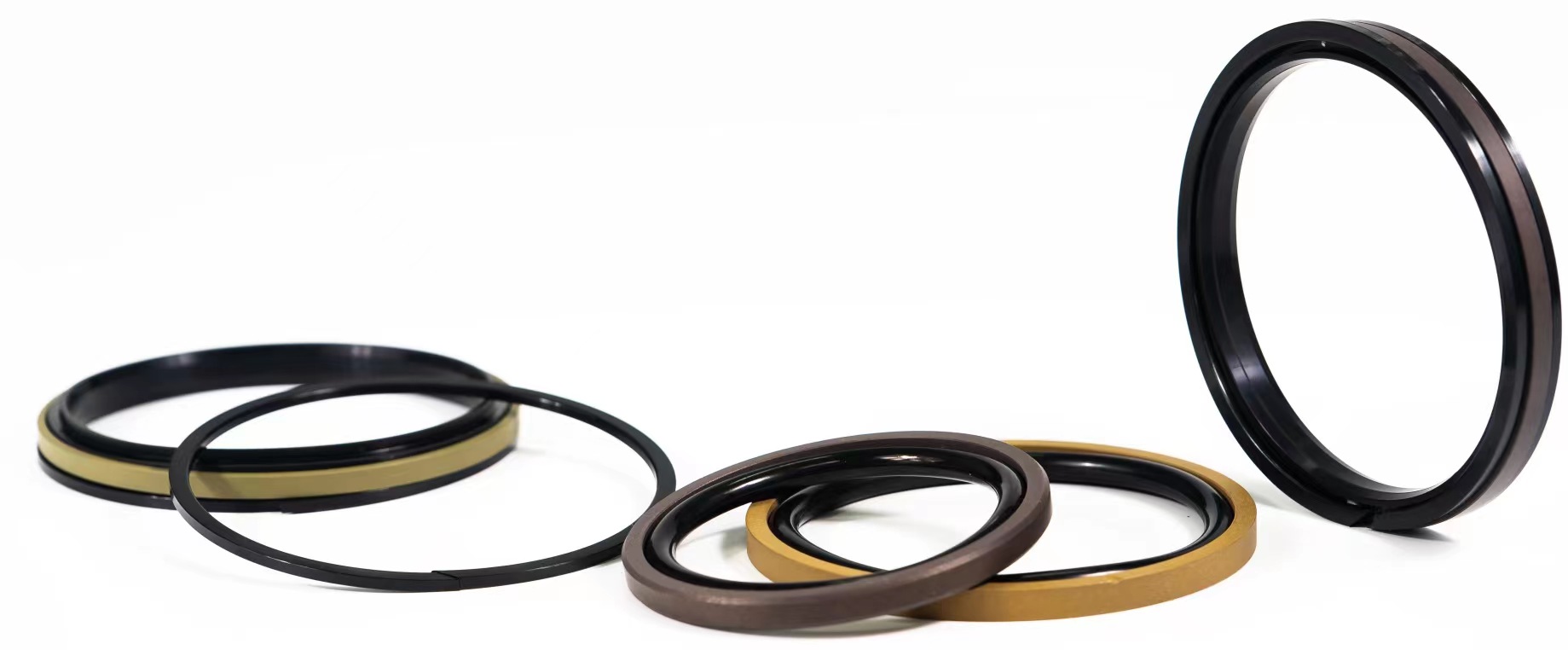The vertical wellbore construction method can be divided into excavation, masonry and single-row operation, parallel excavation and excavation work, excavation and masonry mixing operations, and excavation, masonry and safety. 1. Digging and arranging single-line operations: long-single-line operations and short-segment single-line operations. Second, the parallel operation of excavation and building: long parallel operation and short parallel operation. Third, excavation, building mixed operation Fourth, excavation, building, and safety V. Selection of construction methods for vertical shafts When the vertical wellbore construction operation mode is selected, it should be comprehensively analyzed and considered: 1. The nature of the wellbore passing through the rock formation and the amount of water inflow; 2. Wellbore diameter and depth (basic part); 3. Possible construction techniques and technical equipment conditions; 4. The operational skill level and construction management level of the construction team. A higher average well-forming speed is achieved and there should be significant economic benefits. The biggest advantage of single-row operation is that the process is single, the equipment is simple, and the management is convenient. When the water inflow of the wellbore is less than 40m 3 /h, any engineering geological conditions can be used. Especially when the depth of the wellbore is less than 400m, the construction management technology is weak, and the drilling equipment is insufficient. Regardless of the diameter of the wellbore, the single-row operation should be considered first. In addition to the above advantages, the short-segment single-row operation eliminates the temporary support and should first consider the construction method. The parallel operation of the excavation is carried out in a limited wellbore space, and the upper and lower three-dimensional intersections are simultaneously excavated. When the depth of the bedrock passing through the wellbore is greater than 400m, the net diameter of the wellbore is greater than 6m, the surrounding rock is stable, and the water inflow in the wellbore is less than 20m 3 /h. When the construction equipment and construction technology are strong, parallel operations can be used. Digging and building parallel operations are mainly used for deep well projects with large diameters. Mixed operation is based on a short section of driving and lining jobs on a single line evolved, increasing the height of the template, using the integral retractable metal template, so that during the time of concreting work can be part of the gangue. â‘ Hardness:
Due to the scientific synthesis of high-molecular polyurethane elastomer materials using iron rubber, the higher the hardness, the higher the modulus, the smaller the elongation, and the better the wear resistance and heat resistance. Well, in the range of minus 35 degrees Celsius to 100 degrees Celsius, and at a pressure of 60 to 70 MPa, the maximum sealing performance can be guaranteed.
The use of viscoelastic seals made of nitrile rubber is the most complete protection against damage caused by back pressure. In the range of minus 55 degrees Celsius to 100 degrees Celsius, and under a pressure of 21MPa, due to the rubber The seal is often in a compressed state, so the compression performance of the rubber seal must be considered. It not only achieves enhanced anti-climbing performance and low friction resistance, but also has good performance in dealing with special low-temperature oil, and can also be used in combination with Anti-wear Ring double-purpose retaining ring BRL type.
Sealing products made of polytetrafluoroethylene and nitrile rubber/PTFErubber; or seals made of nylon resin and nitrile rubber, which can be used in a wide range of applications with large pressure changes and fast sliding speeds According to the working condition, the input hydraulic pressure cutout is designed on the end face of the polytetrafluoroethylene ring to prevent penetration leakage. The maximum working temperature environment is minus 40 degrees Celsius to 160 degrees Celsius; the maximum working pressure is 50MPa.
oil seals,hydraulic oil seal,track link oil seal,TCV oil seal Safe Seal Technology Co., Ltd. , https://www.jsspreals.com
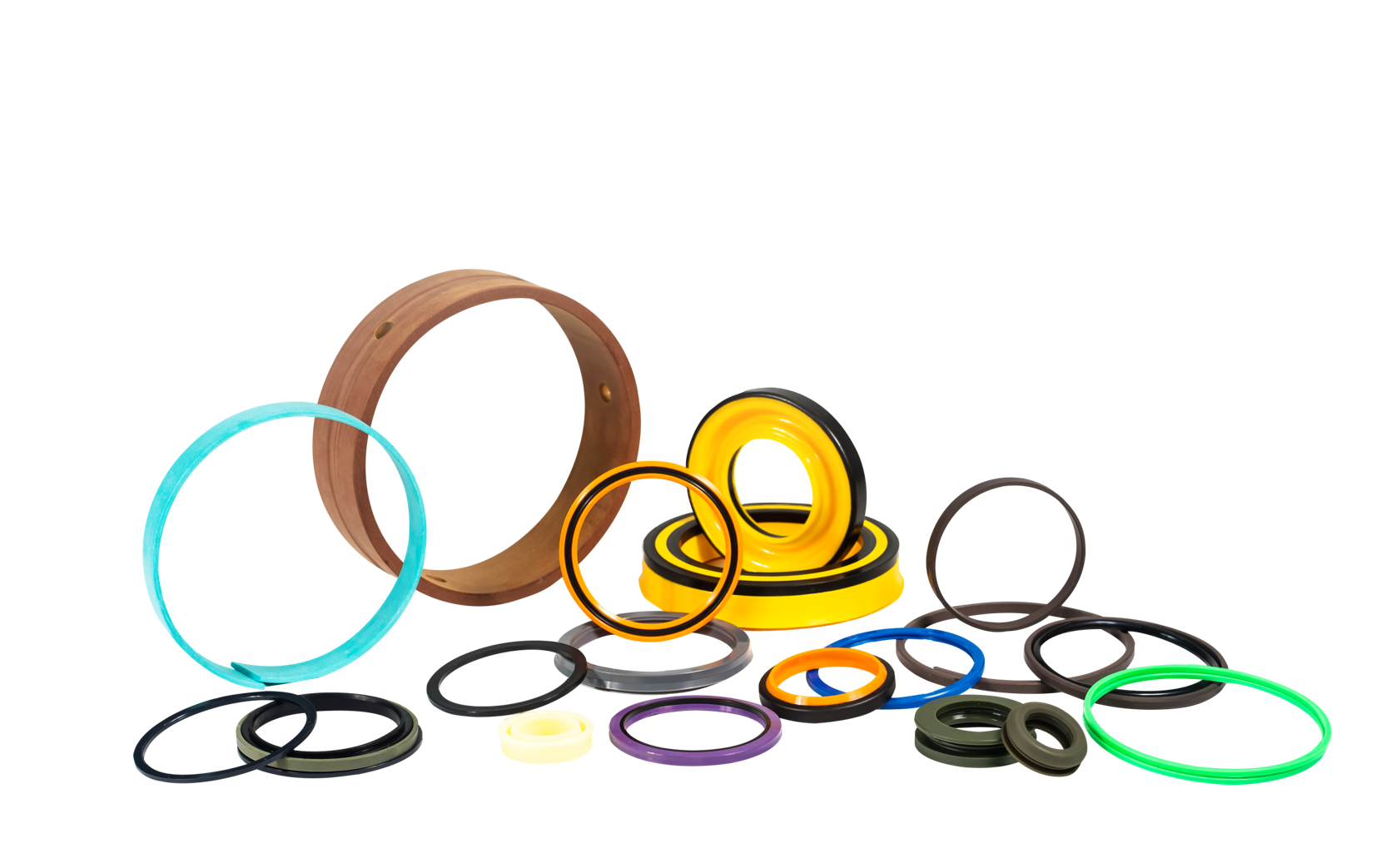
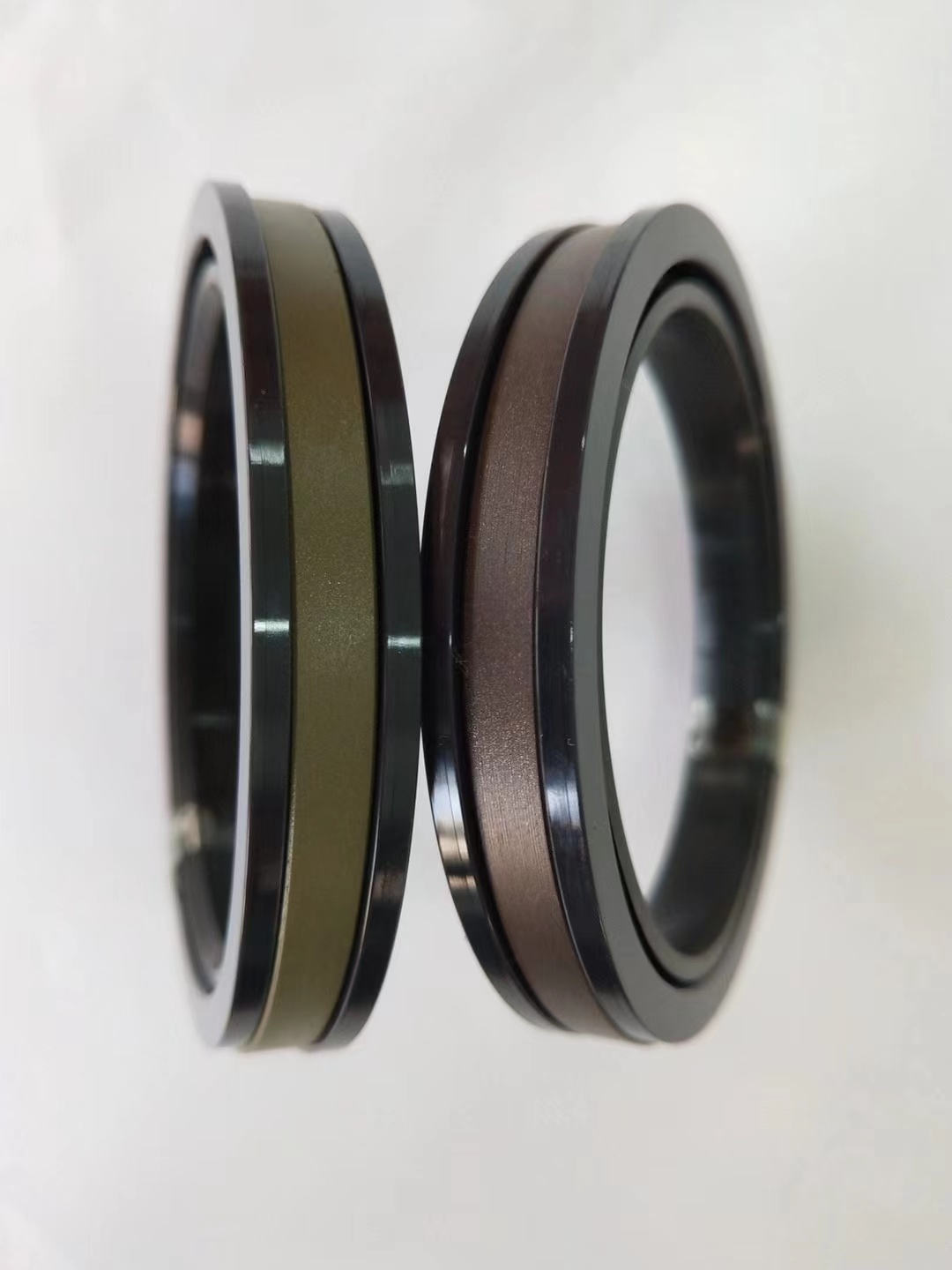
SPGW piston seal
Material:PTFE+rubber elastomer+reinforced modified nylon
Temperature:Nitrile rubber -40~100℃
Speed:=1.0m/s
Pressure:≤50mpa
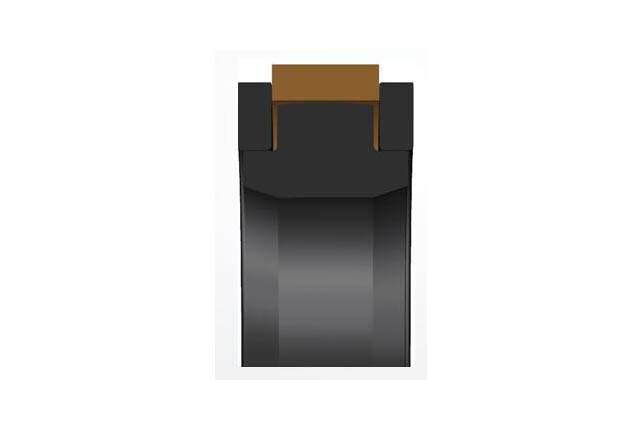
SPGO piston seal
Material:PTFE+rubber elastomer
Temperature:Nitrile rubber -40~110℃
Speed:=1.0m/s
Pressure:≤35mpa
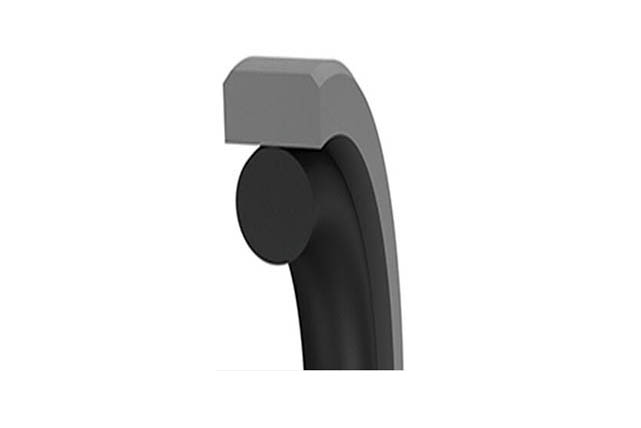
SRUV piston rod seal
Material:NBR+thermoplastic polyurethane
Temperature: -35`90℃
Speed:=0.5m/s
Pressure:≤40mpa
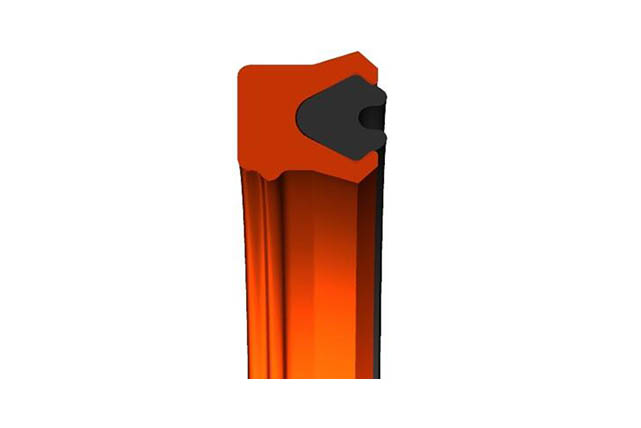
SRS piston rod seal
Material:PTFE+NBR
Temperature:-40~110℃
Speed:=1.0m/s
Pressure:≤40mpa
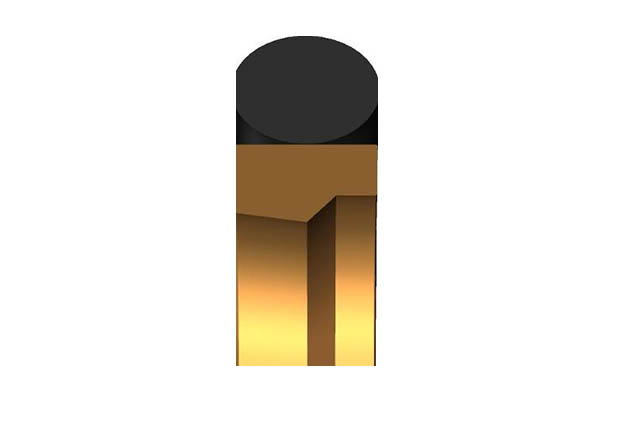
SRCB piston rod buffer seal
Material:Polyurethane+modified polyoxymethylene
Temperature: -35~110℃
Speed:=1.0m/s
Pressure:≤50mpa

SRU piston rod seal
Material:Polyurethane
Temperature:-35~100℃
Speed:=1.0m/s
Pressure:≤40mpa
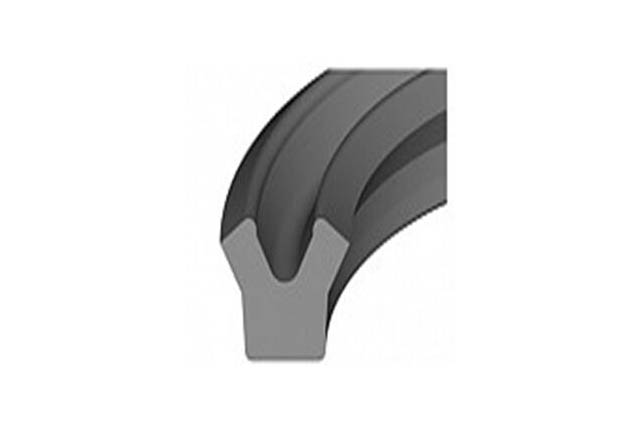
SRD iron case dust prevention
Material:Polyurethane+metal skeleton material
Temperature:-40~110℃
Speed:=1.0m/s
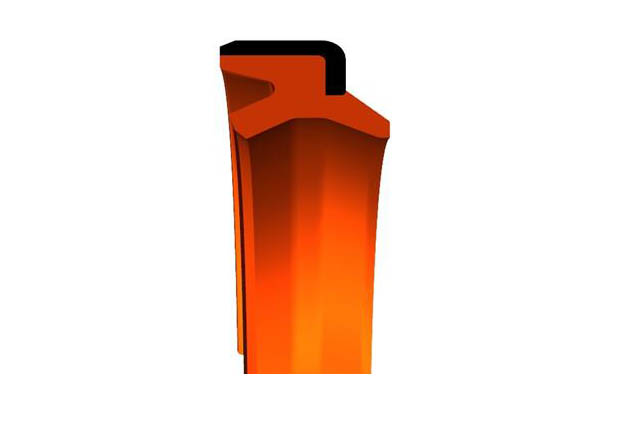
SRDI soft dustproof
Material:polyurethane
Temperature:-40~110℃
Speed:=1.0m/
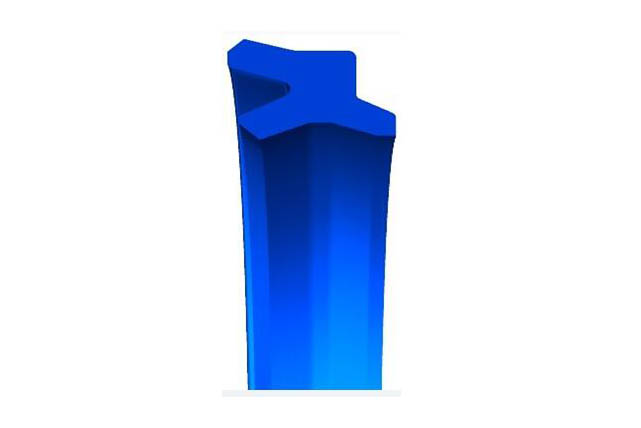
SDS Dumbbell Seal
Material:polyurethane
Temperature: -35~110℃
Speed:=0.5m/s
Pressure:≤50mpa

SPG piston combination seal
Temperature:
NBR+Polyurethane + Modified Polyoxymethylene
Temperature:-35`110℃
Speed:=0.3m/s
Pressure:≤70mpa
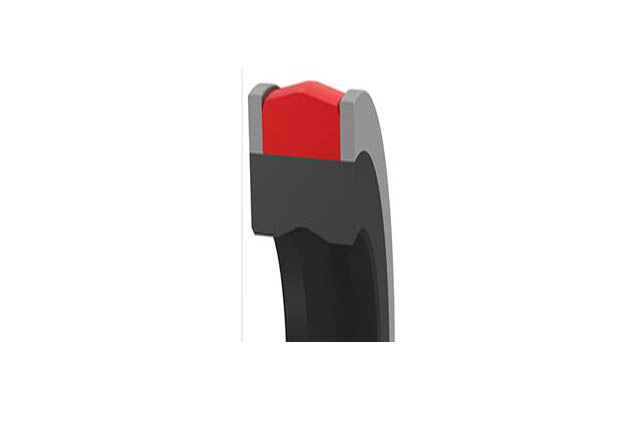
SRNL piston rod seal
Material
NBR+Polyurethane + Modified Polyoxymethylene
Temperature:-35`110℃
Speed:=0.3m/s
Pressure:≤70mpa
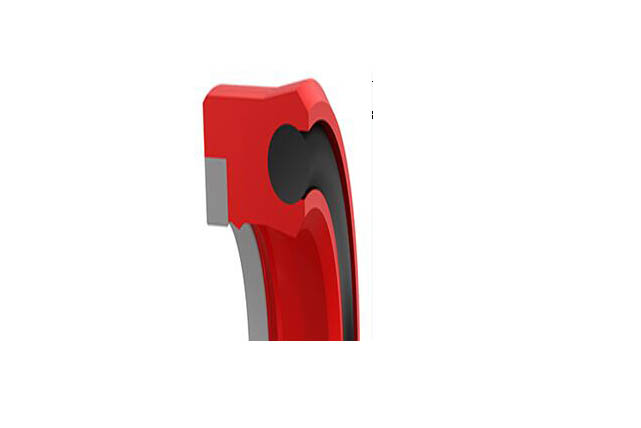
SRDF Piston Rod Seal
Material
Polyester rubber
Temperature:-40`100℃
Speed:=1.0m/s
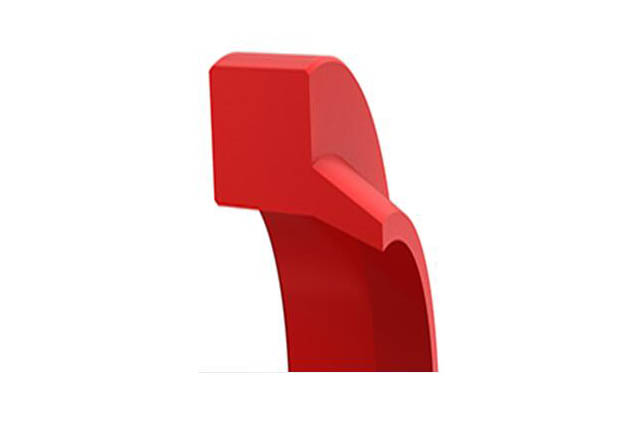
SDY Y-seal
Material:Polyurethane
Temperature:-35~110℃
Speed:=0.5m/s
Pressure:≤70mpa

KZT anti fouling ring
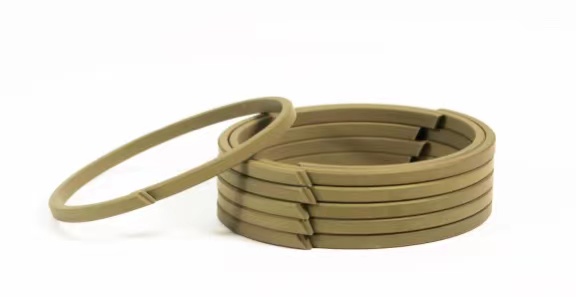
SDS Steffel
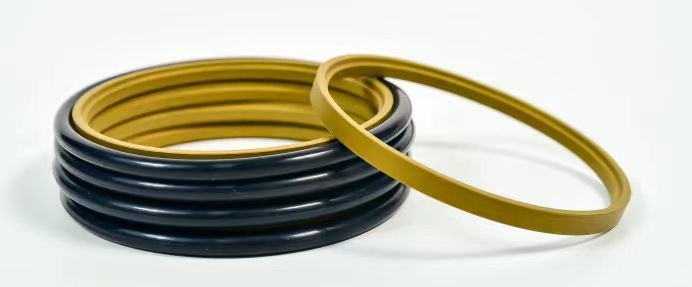
Piston main oil seal
